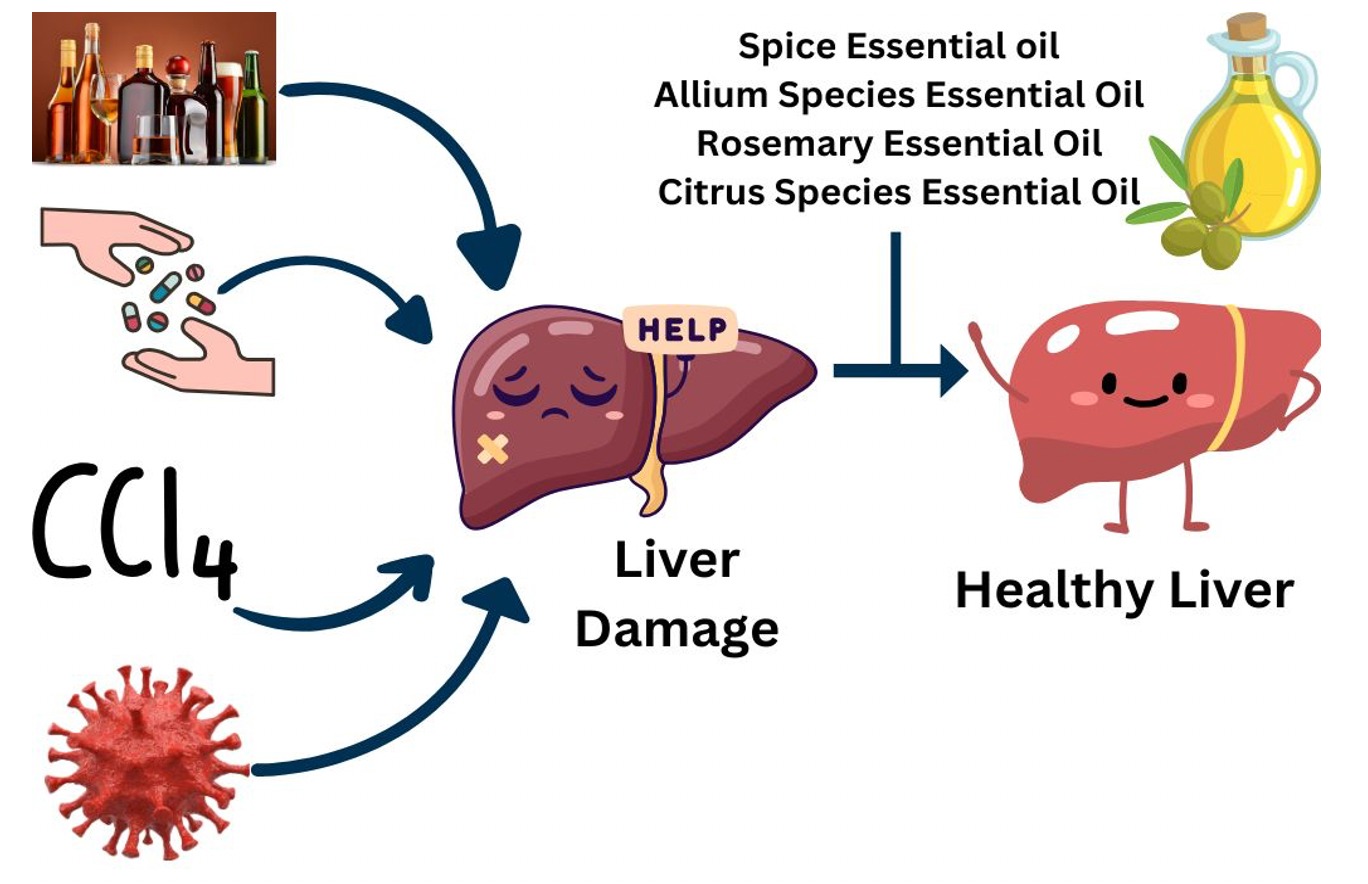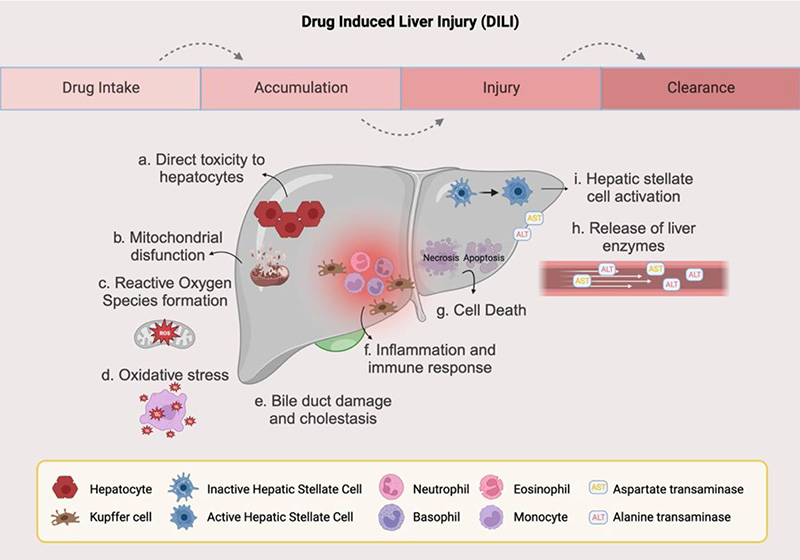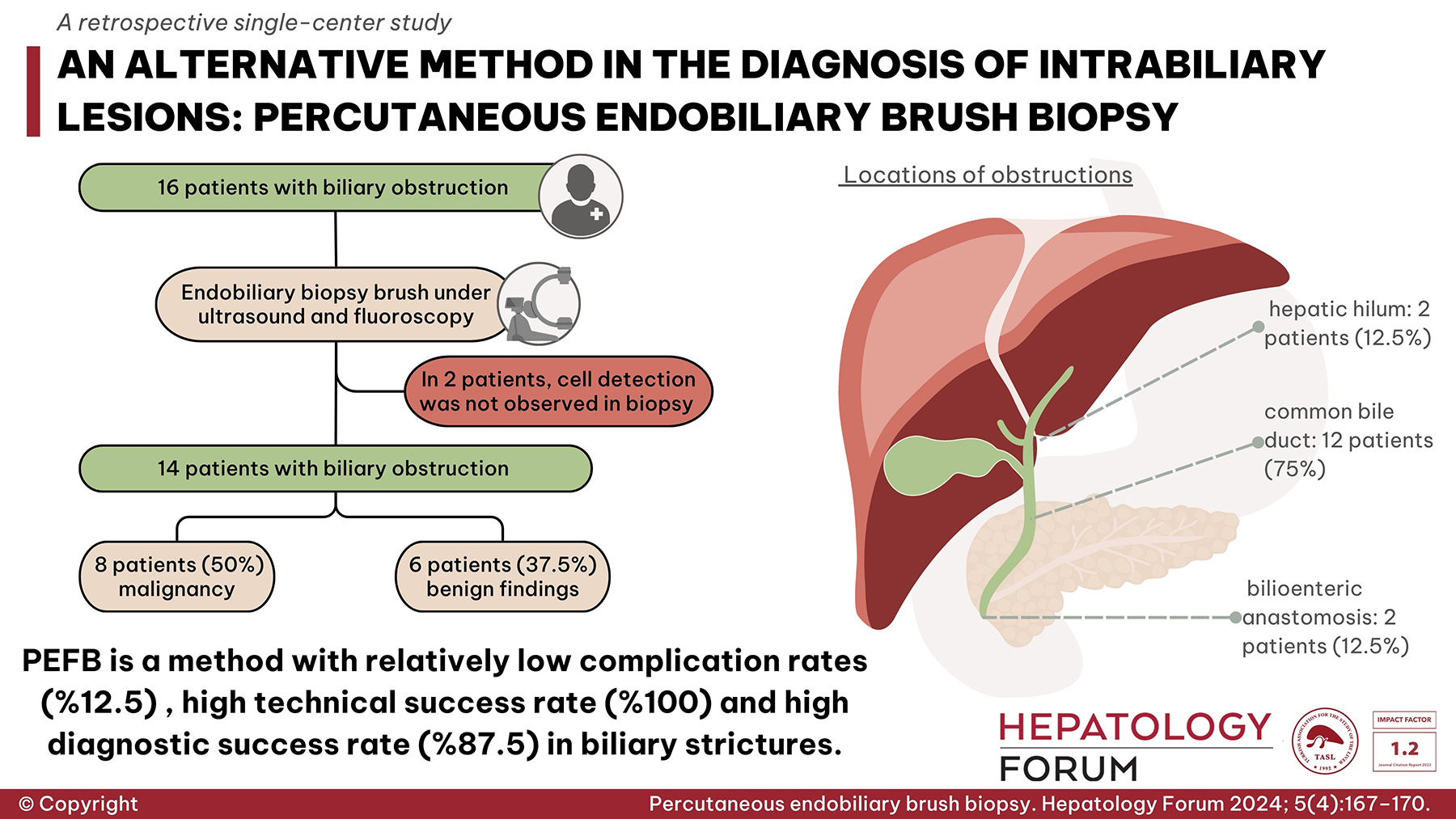2Department of Gastroenterology and Hepatology, Istanbul University, Istanbul School of Medicine, Istanbul, Turkey
3Department of Molecular Medicine, Istanbul University, Aziz Sancar Institute of Experimental Medicine, Istanbul, Turkiye
4Department of Radiology, Istanbul University, Istanbul School of Medicine, Istanbul, Turkiye
5Department of Nuclear Medicine, Istanbul University, Istanbul School of Medicine, Istanbul, Turkiye
Abstract
Background and Aim: Chronic hepatitis B virus (HBV) infection is a major cause of hepatocellular carcinoma (HCC). Circulating cell-free DNA (cfDNA) methylation of tumor suppressor genes are emerging potential biomarkers in HCC. We aimed to evaluate the cfDNA methylation status of RASSF1 and CDKN2AIP genes in patients with liver cirrhosis (LC) with or without HCC caused by HBV.
Material and Methods: A total of 47 patients with HBV cirrhosis were included in the study. Patients were divided into two groups: HCC and LC (HCC+LC, n=22) and HBV cirrhosis only (LC, n=25). cfDNA was isolated from the plasma samples of the patients. Methylation analysis was performed for RASSF1 and CDKN2AIP genes.
Results: Mean methylation percentage of CDKN2AIP gene was 0.001±0.004% in the HCC+LC group and 0.008±0.004 % in the LC only group. The mean methylation percentage of RASSF1 gene was 5.1±16.1% in the HCC+LC group and 9.7±25.9% in the LC only group. The methylation rate of CDKN2AIP was significantly lower in the HCC+LC group (p=0.027). A positive correlation was found with the absence of cfDNA methylation of CDKN2AIP gene in the presence of HCC (R=0.667, p=0.018).
Conclusion: cfDNA methylation of CDKN2AIP and RASSF1 genes may provide important diagnostic information regarding the development of HCC in the setting of HBV cirrhosis.





 Pelin Telli1
Pelin Telli1 









